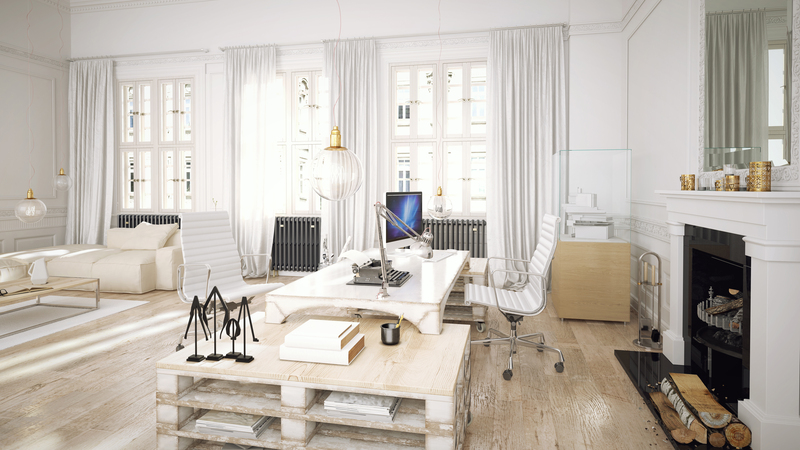De-cluttering: A Path to Stress Relief
Posted on 17/11/2024
In our fast-paced world, clutter can easily accumulate in our homes, offices, and even our minds. While some may view clutter merely as a physical nuisance, it can actually have significant impacts on our mental and emotional well-being. This article explores how de-cluttering can pave a path to stress relief, and offers practical tips to help you in your journey to a clutter-free life.
Understanding the Impact of Clutter
Clutter isn't just about physical objects. It encompasses anything that we don't need, use, or appreciate. This includes not just physical items but also digital files, and even emotional baggage. When we are surrounded by unnecessary items, it can lead to feelings of stress, anxiety, and overwhelm.
Studies have shown that clutter can impact our mental clarity, productivity, and even our relationships. Walking into chaotic spaces can trigger stress responses in our brain, making it harder to focus and complete tasks efficiently.

The Psychological Benefits of De-cluttering
De-cluttering has been shown to have numerous psychological benefits. These include:
- Reduced Anxiety: A tidy space can significantly reduce anxiety levels. When your surroundings are organized, your mind feels more in control and less overwhelmed.
- Improved Focus: An organized environment fosters better concentration and productivity. When distractions are minimized, it's easier to focus and complete tasks efficiently.
- Enhanced Mood: Clearing clutter can lead to a sense of accomplishment and improved mood. The process of organizing can be therapeutic and satisfying.
Practical Tips for De-cluttering
Embarking on a de-cluttering journey doesn't have to be daunting. Here are some practical tips to help you get started:
1. Start Small
Begin with a small area or a single room. Focusing on one manageable space at a time can prevent feelings of overwhelm.
2. Sort and Categorize
As you go through your belongings, sort them into categories: keep, donate, recycle, and discard. This method helps you make clear decisions about each item.
3. Use the 12-Month Rule
If you haven't used an item in the last 12 months, it's likely that you don't need it. Be honest with yourself about the practicality of each item.
4. Create a System
Organize items based on how you use them. Store frequently used items in easily accessible places and seasonal or rarely used items in storage.
5. Digital De-clutter
Don't forget your digital spaces. Regularly delete unnecessary files, emails, and apps. Organize digital documents into clearly labeled folders.
Pros and Cons of De-cluttering
Pros:
- Stress Reduction: A clutter-free environment can significantly reduce stress levels.
- Improved Productivity: An organized space can enhance your ability to focus and work efficiently.
- Better Health: Less clutter can lead to a cleaner and healthier living environment.
Cons:
- Time-Consuming: De-cluttering can be a time-consuming process, especially if you have accumulated a lot of stuff over the years.
- Emotional Attachment: Letting go of certain items can be emotionally challenging.
- Maintenance: Keeping a clutter-free space requires regular maintenance and discipline.

Key Takeaways
- Clutter can negatively impact mental clarity, productivity, and stress levels.
- De-cluttering provides psychological benefits such as reduced anxiety, improved focus, and enhanced mood.
- Practical tips for de-cluttering include starting small, sorting and categorizing, using the 12-month rule, creating a system, and digital de-cluttering.
- The pros of de-cluttering outweigh the cons, but it's important to acknowledge the potential challenges and approach the process with a realistic mindset.
Conclusion
A clutter-free environment contributes significantly to a stress-free and more organized life. By dedicating time and effort to de-cluttering, you can create a space that fosters mental clarity, productivity, and overall well-being. Remember that de-cluttering is an ongoing process and requires regular maintenance. With the right mindset and practical strategies, you can transform your living spaces and pave the way to a more relaxed and stress-free life.

